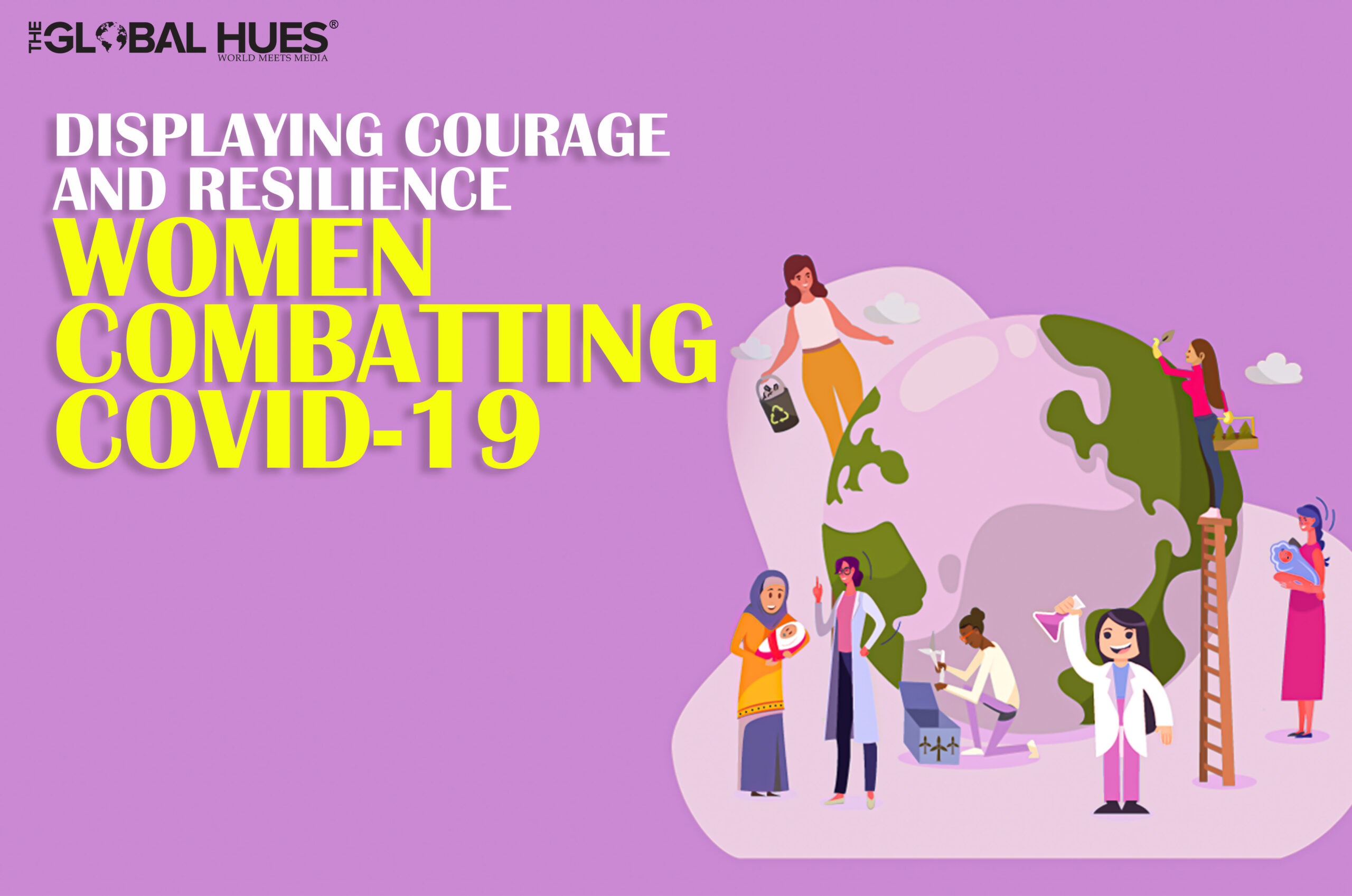“Women have the potential to achieve positive and favorable outcomes despite challenging or threatening circumstances”
Women have demonstrated their resilience in a magnitude of ways, past and present. The survival of women around the globe has remained dependent on their ability to be resilient. It’s an important time to celebrate women of all walks of life, American author bell hooks quotes, “Sometimes people try to destroy you, precisely because they recognize your power — not because they don’t see it, but because they see it and they don’t want it to exist.”
The COVID-19 pandemic exposed the solidity of women as human beings individually and collectively, the ability to withstand shock, change, challenges, and to keep going. The capacity to recover quickly from difficulty or toughness to bounce back, for women the ability to adapt to change became apparent during this pandemic. For many, primary caregiving responsibilities for children took priority, jobs and careers were potentially compromised due to balancing parental duties while homeschooling or maybe caring for a family member in need.
What added to a plate that already seemed full became the norm for months and remains, as we still navigate the new world that is changing daily. But what if the life of those women depended on being resilient, what if women had no other choice but to be resilient in every situation, every moment of the day, every scenario that they find themselves in because that is what is necessary to make it through. Despite what is placed before them women will get through because women are resilient to the inequities, the injustices, the sexist jokes, comments, and phrases.
The challenges and triumphs of women in global health and gender inequity
Gender imbalance in research, academia, and leadership is a global issue that is not new, gender inequity is due to a deep structure and institutional violence that prevents women from rising to a higher level of leadership. Because of this today we see only 5 percent of women as global health leaders from low and mid-income countries, and only 39 out of 200 top universities in the world are run by women.
Women’s inability to be promoted to these higher positions has been described with the metaphor of the glass ceiling but there is also the recent use of the term sticky floor where women are stuck in that position by the lack of investment. As well as the leaky pipeline where the percentage of women in higher education and research declines as they move up to the ladder. This leak in the academic pipeline is due to gender discrimination in hiring practices, in salaries, and in women’s personal life.
They are disproportionately affected by COVID-19, induced school closures causing them to be at home with their families while schools and childcare facilities remain closed. Because of this women in science and global health who cannot work from home are having their careers derailed, which is further contributing to the lack of representation in global health care and research. Promotion and retention of women as global health leaders create a ripple effect to leverage health outcome for not only women but society in general, further statistics from WHO shows 72 percent of the executive position of global health organizations are held by men, who are also 50 percent more likely to hold a senior-level position in global health NGOs.
Additionally, women are overrepresented in the global health workforce yet underrepresented in global health leadership. Until we do not have policies, strategies, and frameworks set in place to mitigate these disparities and correct them, we will keep seeing a negative impact on health outcomes and achievement of the Sustainable Development Goals. Women should have seats at the table in global health decision-making process.
Roles women have played in the global response to the COVID-19 pandemic
Women have played an enormous role globally in response to COVID-19. Across the globe, all the six countries that had the most commendable response to the pandemic, Germany, Finland, Denmark, New Zealand, Belgium were led by females. A new study published by the Center for Economic Policy and the World Economic Forum found that female-led countries had systematically and significantly better COVID-19 outcomes. Countries run by women imposed lockdowns earlier than other countries and suffered half as many deaths from the deadly viruses compared to nations governed by men.
The study establishes that communication played a crucial part while women incline to exhibit an interpersonal, compassionate, and participatory technique. Erna Solberg, Prime Minister of Norway told her country’s children, ‘It’s okay to be scared when so many things happen at the same time, if female leaders have been performing better than men during the pandemic then there is a lot to learn from their leadership style.
The role of women during the pandemic is scattered in many forms, the role of women in families, in the health sector where 70 percent of the workers are female, in political establishments, and the only connection is their attitude, perception, connectivity in the society. Their leadership involves resilience, courage, flexibility, empathy, a caring and protective nature, and recognition of collective contribution. The participation of everyone’s intelligence and opinion becomes the answer to prosperity.
Also Read:




